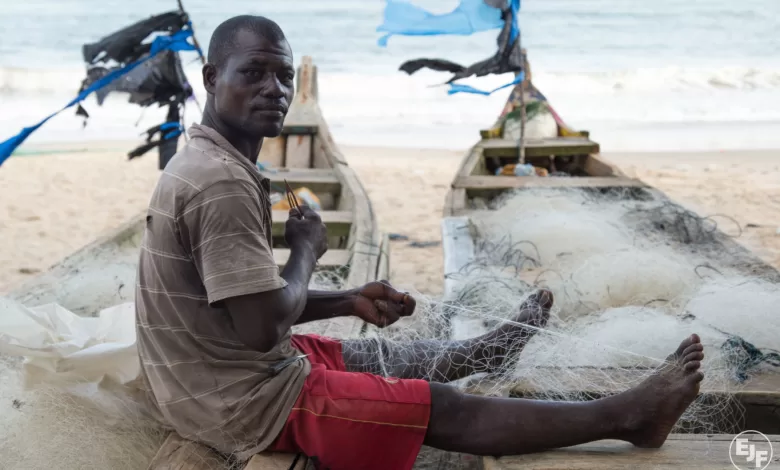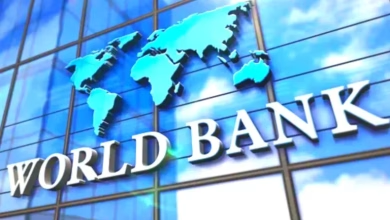Ghana Tightens Fishing Regulations To Avoid EU Ban

- The EU issued a "yellow card"
- This is not the first time Ghana has faced an EU warning
- Ghana aims to prevent an export ban
Ghana is making significant efforts to address illegal fishing practices in its waters, following a warning from the European Union (EU) in 2021. The EU issued a “yellow card,” which could lead to a ban on fish exports from Ghana if the country fails to improve its fisheries management.
Focus on Trawlers
The country’s Scientific and Technical Advice Committee has identified trawlers as a key area for improvement. Only 41 out of a total number of trawlers have met regulations and had their licenses renewed. This suggests a widespread need for stricter enforcement and compliance.
Streamlining the Fishing Sector
Dr. Angela Lamptey, a member of the committee and a fisheries expert at the University of Ghana, explains the ongoing efforts. These include:
- Reviewing Permits and Licenses: Existing permits and licenses are being thoroughly examined before renewal. This ensures that only vessels operating legally are authorized to fish.
- Drafting a New Fisheries Act: A new and comprehensive fisheries act is being developed. This act is likely to strengthen regulations and enforcement mechanisms to combat illegal fishing more effectively.
Previous Warning and Response
This is not the first time Ghana has faced an EU warning. In 2013, the EU issued a similar yellow card, but it was lifted in 2015 after Ghana took corrective measures.
Importance of Sustainable Fishing Practices
The EU is urging Ghana to prioritize sustainable fishing practices. This not only ensures the long-term health of fish stocks but also protects livelihoods that depend on a thriving fishing industry.
Ghana’s Commitment to Improvement
By addressing the EU’s concerns and implementing stricter regulations, Ghana aims to prevent an export ban and ensure a sustainable future for its fisheries sector.






